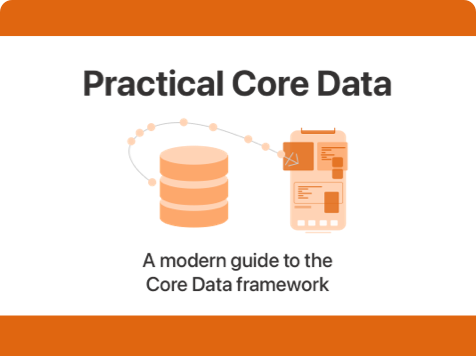Supporting Universal Links on iOS
Published on: July 4, 2025Universal Links are a fantastic way to allow users to share your app’s content through URLs that work on the web, iOS devices, and more. Learn how you can set up Universal Links for your app by setting up entitlements as well as your server.
Read post

